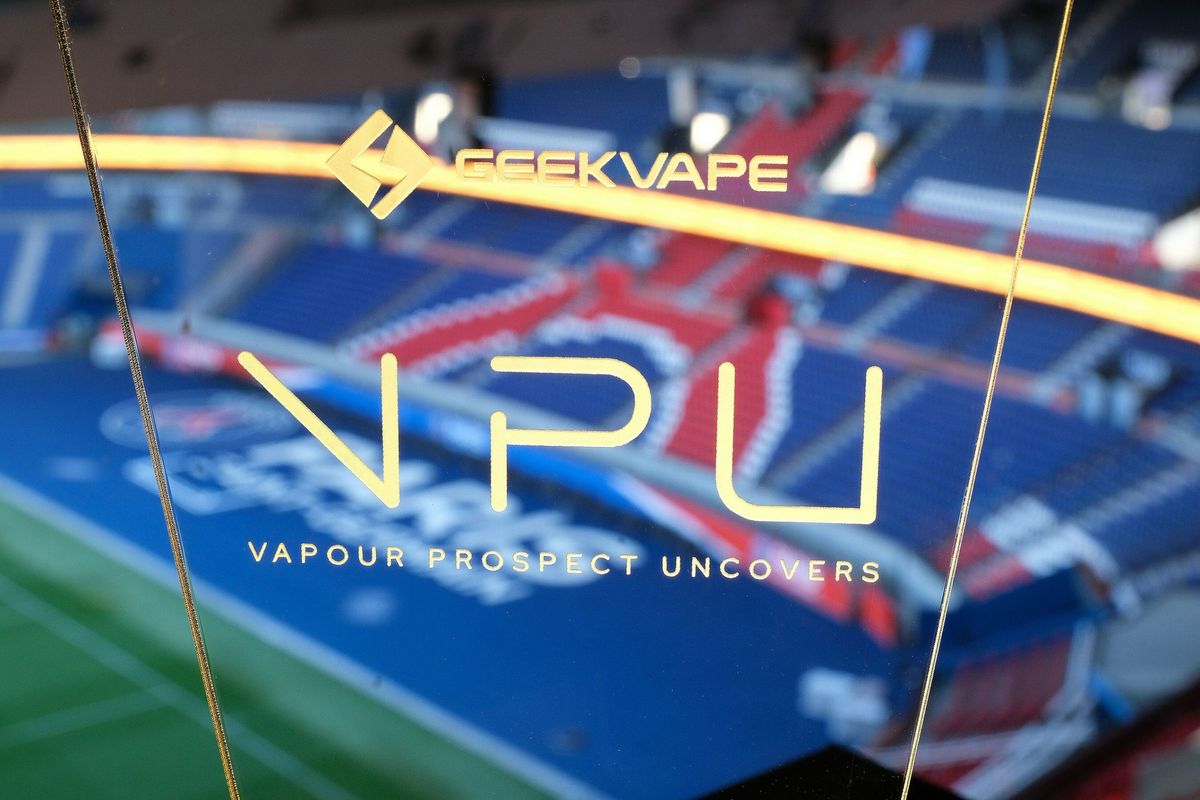Leading vape technology company Geekvape has unveiled its brand-new vaping technology solution, called VPU (Vaping Processing Unit).
Geekvape said the technology platform integrates the most recent advancements in fluid and thermal transmission, material safety, and advanced material research to provide a comprehensive solution for customers. Specifically, it can be introduced from three aspects: Vape Experience, Safety Performance and Unit Process Control
Vape Experience
Geekvape has the leading edge in heat-generating devices such as etched heaters, non-woven, ceramic cores, etc., and combine their expertise in simulation testing, material micro design, device structure design, and other areas of technical competence.
As is common knowledge, heat generators are one of the most essential components of electro-atomization, and their design and manufacturing quality have a direct impact on vaping quality as a whole. The heat generators of the VPU are calibrated using finite element analysis (FEA) in conjunction with infrared imaging, aerosol particle size analysis, Total Partical Mass, and other advanced testing methods to ensure the optimal design of heat generators and the desired release of aerosol to achieve high taste restoration, fine texture, and consistent vaping performance.
According to the aerosol composition test results, the product adopting the VPU technology had a vapour volume increase of 23.7 per cent with the same number of puffs compared to other products on the market. As the number of puffs increases, the aerosol release is stable and the taste continues without degradation, the company said.

For disposable vape range and vapor volume, the through-air bonded non-woven can be said to be the most important. Leakage and heterogeneous permeability are the most prevalent disadvantages of these low-quality nonwovens, which will ultimately result in a very high rate of defective products, not only causing severe after-sales issues, but also increasing the costs.
Geekvape has thus far developed non-woven, which has a higher liquid conductivity and storage rate. The company has been developing new materials and production processes from the ground up in an effort to achieve greater consistency and stability, and has been actively collaborating with top textile universities to advance technology.
According to Geekvape's chief marketing officer, Potti Lan, their yield rate has improved from 85 to 99 per cent and our development cycle speed has increased by 35 per cent.
“I am proud to say that we are the first company in the industry to follow a high standard of multi-dimensional testing, and we have made continuous efforts to achieve a major new breakthrough in the performance of the through-air bonded non-woven, so that we can ensure consistent performance from batch to batch and guarantee consistent quality of our products,” Lan said.
Safety Performance
Geekvape has taken a multi-dimensional approach to the selection of raw materials, testing of ingredients, and thermal safety performance to demonstrate the safety guarantee of VPU.
The company is adopting the infrared imaging technology to verify the temperature field of the heat generators in order to ensure the safety of the heat generation performance. Moreover, Geekvape's R&D team has performed extensive aerosol analysis to overcome the problems of excessive condensation, liquid absorption, and frying. As a result, they are able to quickly identify and resolve these issues, achieving a more balanced atomization effect, reducing the likelihood of gluing the core, and enhancing overall user safety.
Unit Process Control
Unit process control is the third element of the VPU, and its purpose is to implement statistically based process control at every stage of the process in order to ensure batch-to-batch consistency of quality. Geekvape’s highly automated production has a 99.95 per cent yield rate and a monthly production volume of 200 million.
“Our new series - Geekvape Q and Geekbar Meloso, have been built in compliance with the VPU standard. Vaping is a comprehensive solution instead of a single point technology, and no single point technology can provide consumers a complete vaping experience,” Charles Li, the product line executive of Geekvape, said.
VPU focuses on the overall atomisation system solution rather than simply one particular cutting-edge technology, and the company said this will elevate the vaping industry even further.


